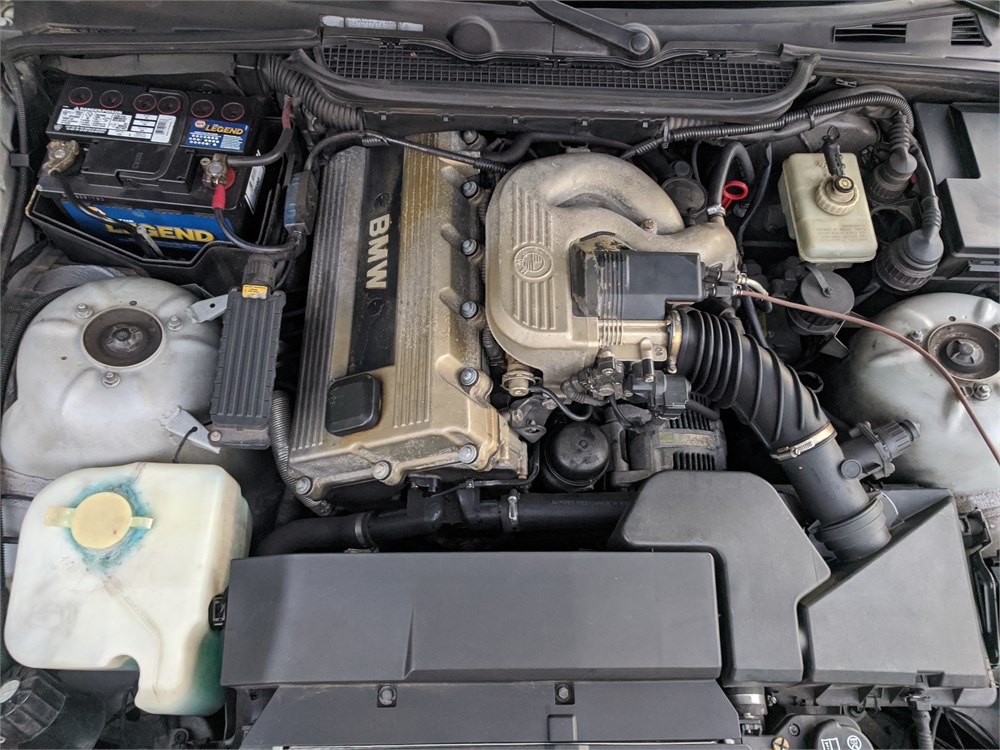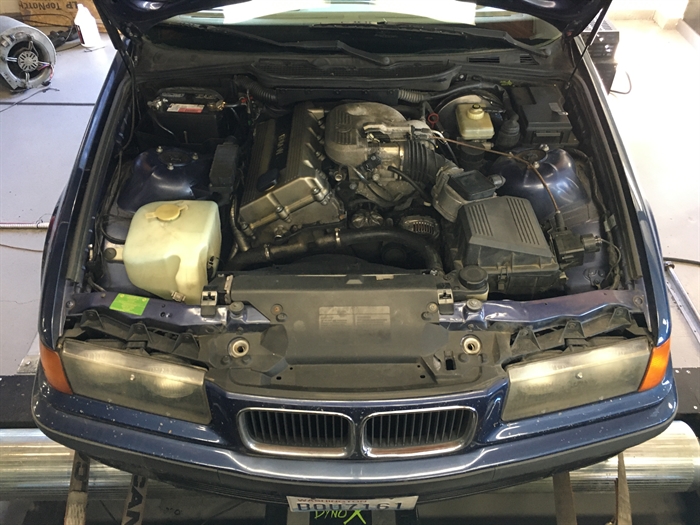BMW 318ti: A Comprehensive Guide to This Compact Giant
Vital Considerations for Picking the Ideal Engine for Your Requirements
In the realm of selecting the optimal engine to satisfy your requirements, numerous critical factors need careful consideration to make certain optimal performance and efficiency. From the nuanced equilibrium between power and efficiency to the often-overlooked elements of upkeep and service requirements, each facet plays a critical function in figuring out one of the most suitable engine for your specific demands. As the complexity of engine modern technologies proceeds to advance, discerning the most suitable choice necessitates a deep understanding of the interaction in between numerous factors to consider. By discovering the elaborate internet of factors that underpin this decision-making process, a clearer course emerges towards picking an engine that not only satisfies but exceeds your assumptions.
Power and Efficiency
When reviewing engines for optimal performance, it is vital to focus on both power outcome and performance. Efficiency refers to exactly how well the engine converts gas right into useful power. By very carefully evaluating both power and efficiency, you can select an engine that provides optimal performance and fulfills your demands successfully.
Fuel Efficiency and Economic Climate
Fuel efficiency refers to the engine's capacity to convert gas into energy with minimal waste, directly influencing operating expenses and environmental sustainability. Engines with higher fuel performance not just minimize fuel expenses but also decrease carbon exhausts, adding to a greener procedure.

Compatibility and Application
Considering the fuel performance and economic climate of an engine, the next important element to address is its compatibility and application within certain operational contexts. Compatibility refers to how well the engine integrates with the overall system or tools it powers.
Different engines are designed for specific functions, whether it be industrial machinery, aquatic vessels, cars, or power generators. Comprehending the intended application allows for the selection of an engine that can deliver the necessary power outcome, torque, and operational attributes.
Maintenance and Solution Requirements
Maintenance and service requirements play an important role in ensuring the longevity and optimal efficiency of an engine. Regular maintenance is important to avoid malfunctions, extend the life expectancy of the engine, and maintain its effectiveness. When picking an engine, it is necessary to think about the supplier's suggested upkeep schedule and the availability of solution centers or qualified specialists.
Variables such as the frequency of oil changes, filter replacements, and overall inspections can substantially impact the engine's performance. Some engines might need more constant maintenance based upon their design and usage, while others may have longer periods in between maintenance checks. It is important to abide by these solution needs to stay clear of expensive repair work and unexpected downtime.

Price and Spending Plan Considerations
When selecting an engine for a particular application,Spending plan restrictions often play a significant duty in the decision-making procedure. When considering the expense and spending plan ramifications of choosing an engine, it is necessary to assess not only the preliminary acquisition rate however likewise the long-term expenditures connected with upkeep, fuel usage, and potential upgrades or repair services. It is crucial to strike a balance between the ahead of time expense of the engine and its general lifecycle prices to make sure that the picked look at this site engine stays financially sustainable throughout its functional lifespan.
Aspects such as fuel sturdiness, effectiveness, and reliability can directly impact the overall expense of ownership of an engine. While an extra costly engine may have higher upfront expenses, it could potentially result in lower upkeep and fuel costs over time, hence using much better value in the long run.
Conclusion

Gas performance refers to the engine's capacity to transform gas into power with minimal waste, directly affecting operating prices and ecological sustainability.Variables affecting gas efficiency include engine layout, burning performance, and total this hyperlink performance optimization. Furthermore, choosing the proper gas kind and grade as recommended by the engine producer can better enhance effectiveness and prolong engine life-span.
Engines with great service features and readily available components can reduce upkeep prices and lessen the time the engine is out of operation - bmw 318ti. It is vital to strike a balance in between the ahead of time cost of the engine and its general lifecycle prices to make certain that the selected engine stays financially lasting throughout its functional life-span